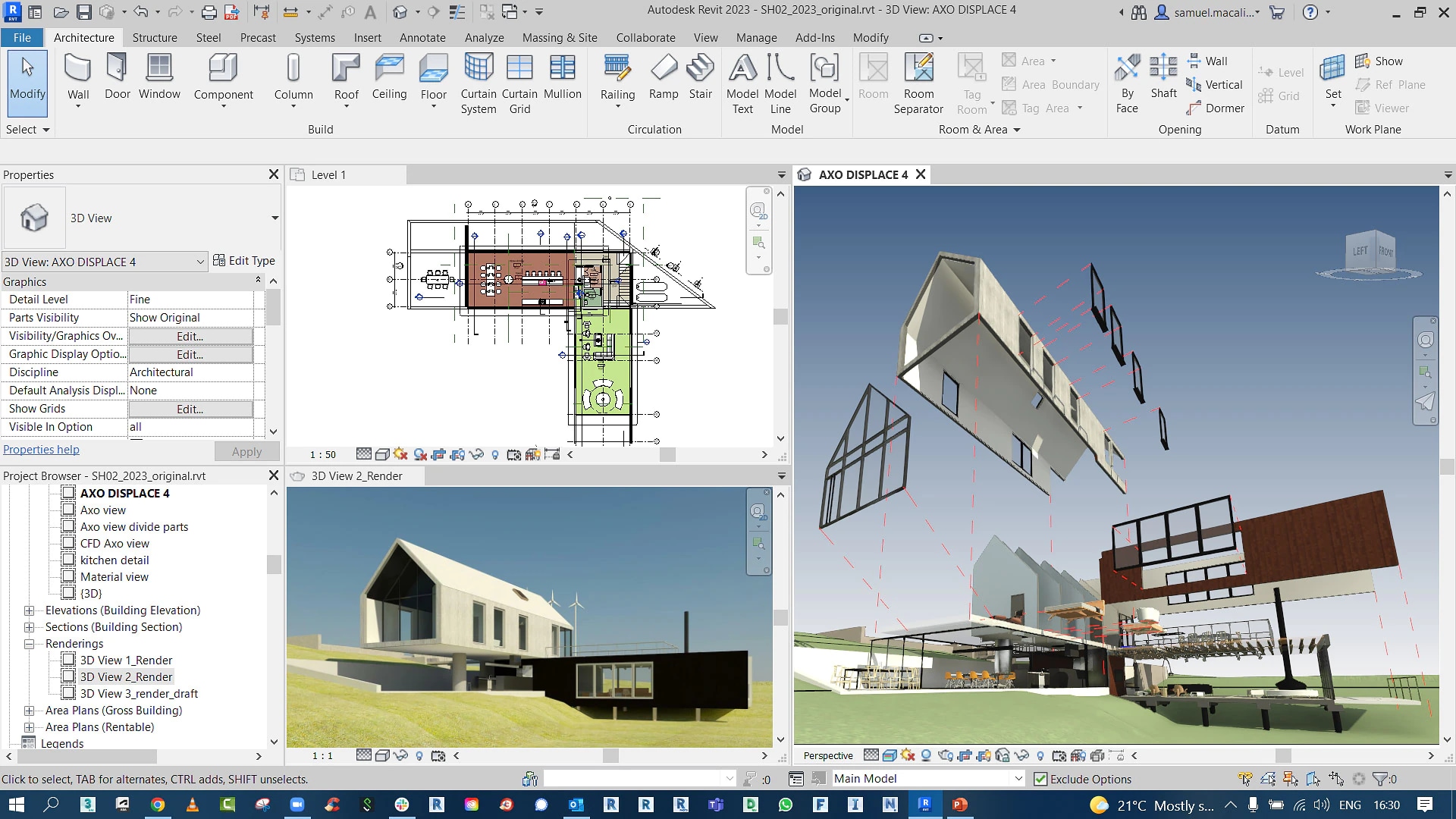Introduction

MindDev Reflect is a package for using data from Unity Reflect. Specifically adapted to BIM data, UNity reflect allows the visualization of 3D data integrating metadata in virtual reality. The goal of MindDev Reflect is to make this exploitation possible in immersive room.
User license
The MindDev Reflect package requires a specific user license.
Usage constraints
The conversion of data from Unity Reflect to MindDev Reflect is subject to certain constraints.
Usage procedure
A documentation section concerning the procedure for using MindDev Reflect is available here
MindDev Reflect tools
A documentary section concerning the proposed MindDev Reflect business tools is available here
Interest of MindDev Reflect
MindDev Reflect allows the integration of metadata from 3D models previously exported via the Unity Reflect plugin. This allows to visualize a complete project while questioning the integrated database in real time. It is thus possible to visualize a phasing, to display the data specific to each object of a project and to operate a certain number of operations allowing the review of project in immersive room, at scale 1 in a collaborative way and helped by dedicated tools.
Constraints
The integration of a Reflect model in MindDev is subject to two constraints. The first one concerns the static import of data: Unity Reflect allows two types of import, dynamic import and static import. In MindDev Reflect, only static import is supported. The second constraint is the rendering engine used. MindDev uses the "Built-In render Pipeline" renderer. The Unity Reflect project statically importing the 3D model must use this type of renderer (URP and HDRP renderer are not yet supported by MindDev).
Constraints
In summary, only static imports from Unity Reflect are usable in immersive room and the project that allowed the export must be in "Built-In renderer".